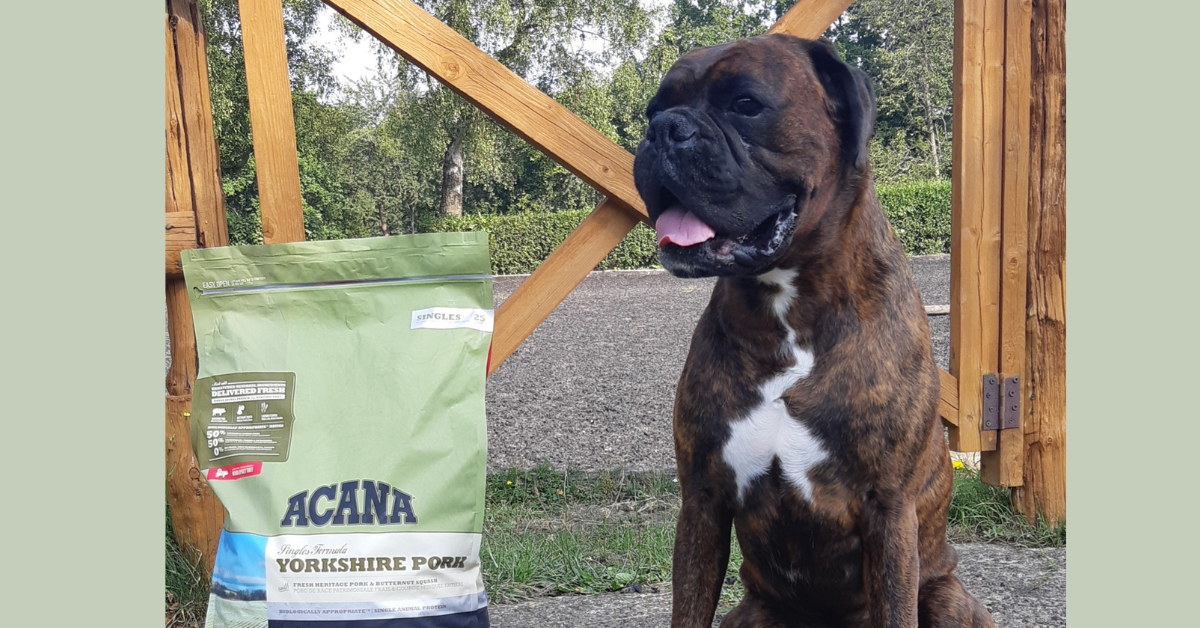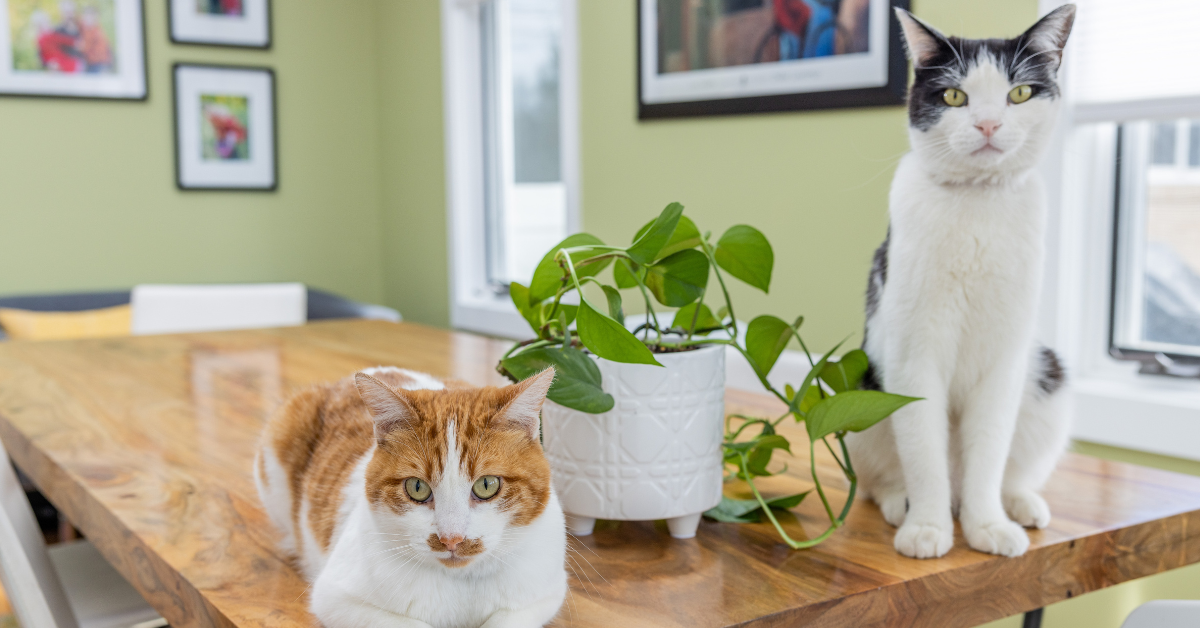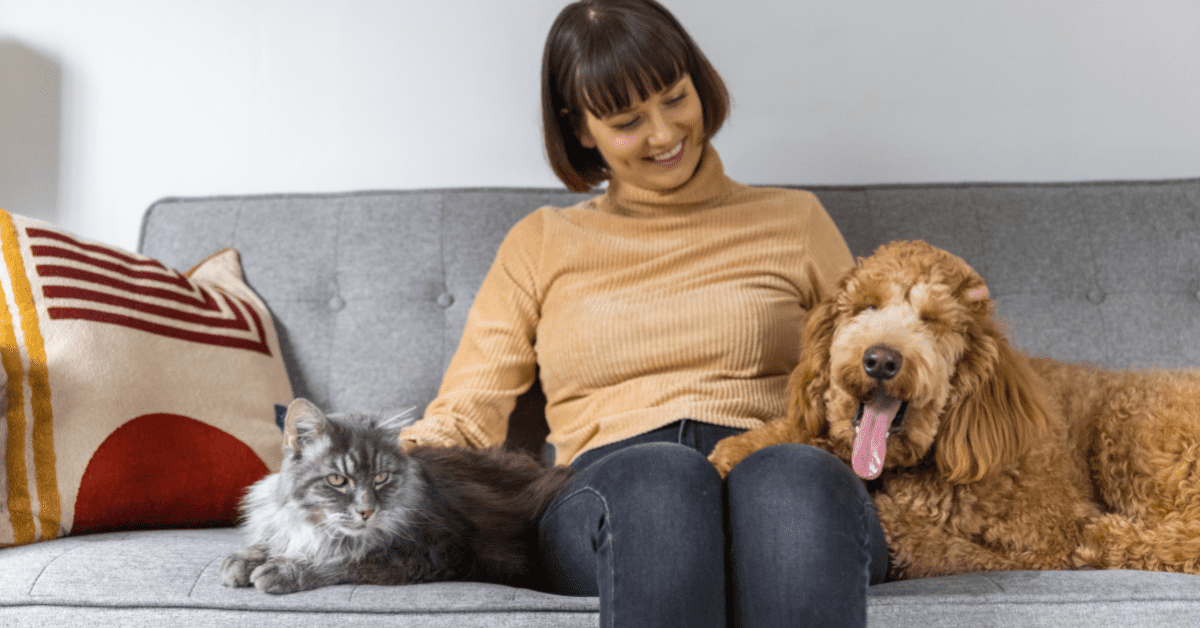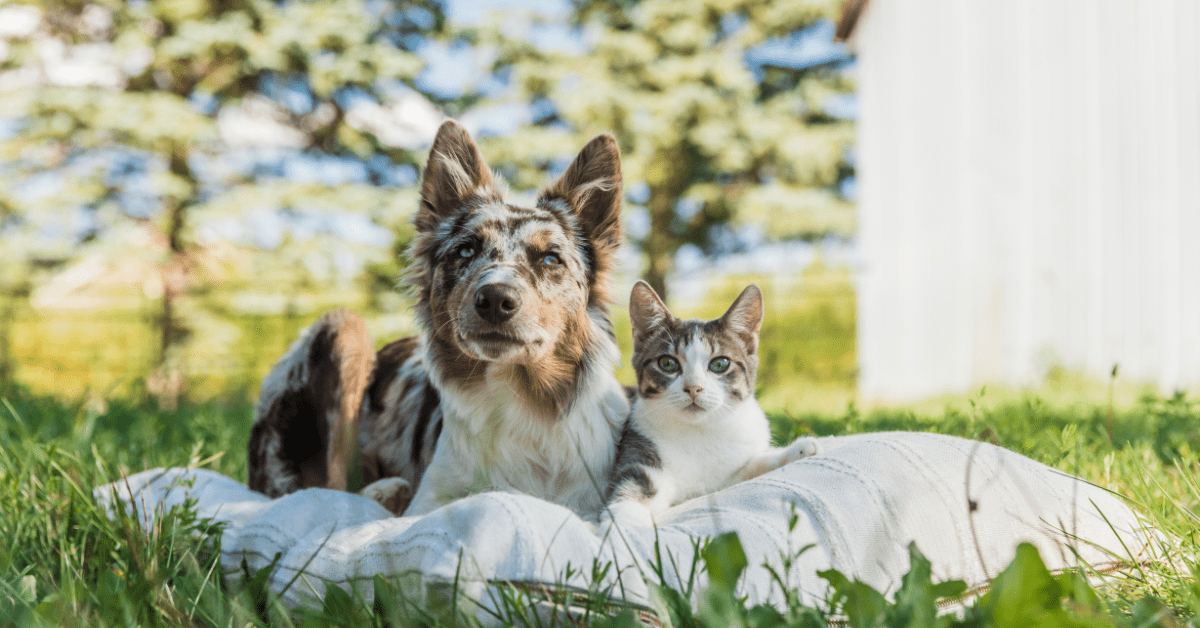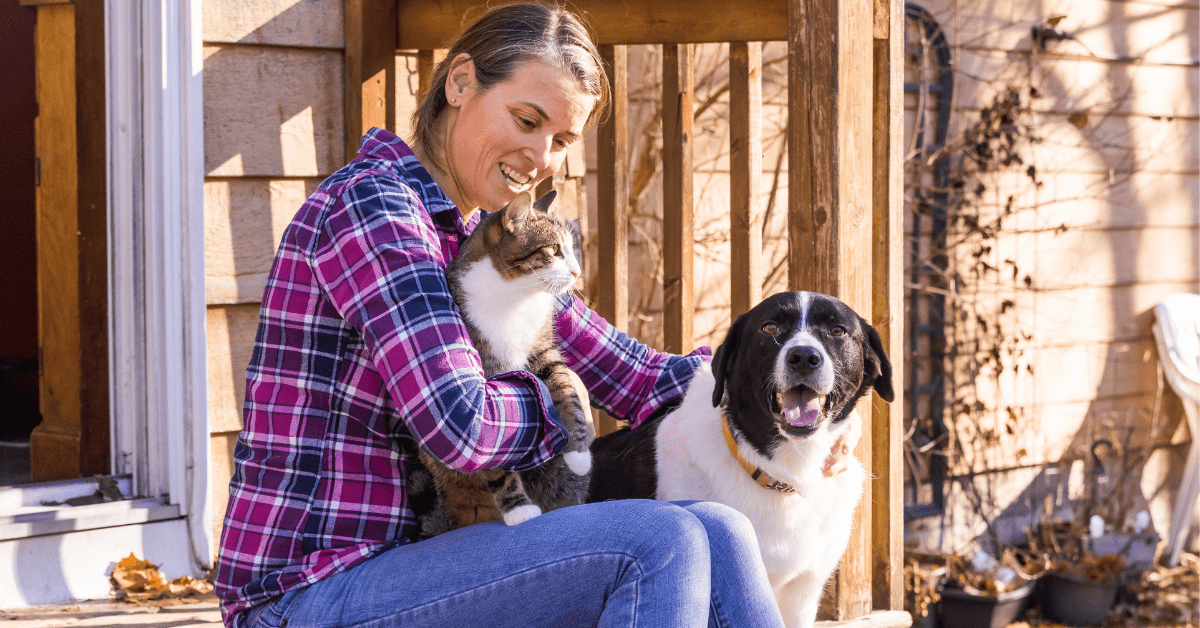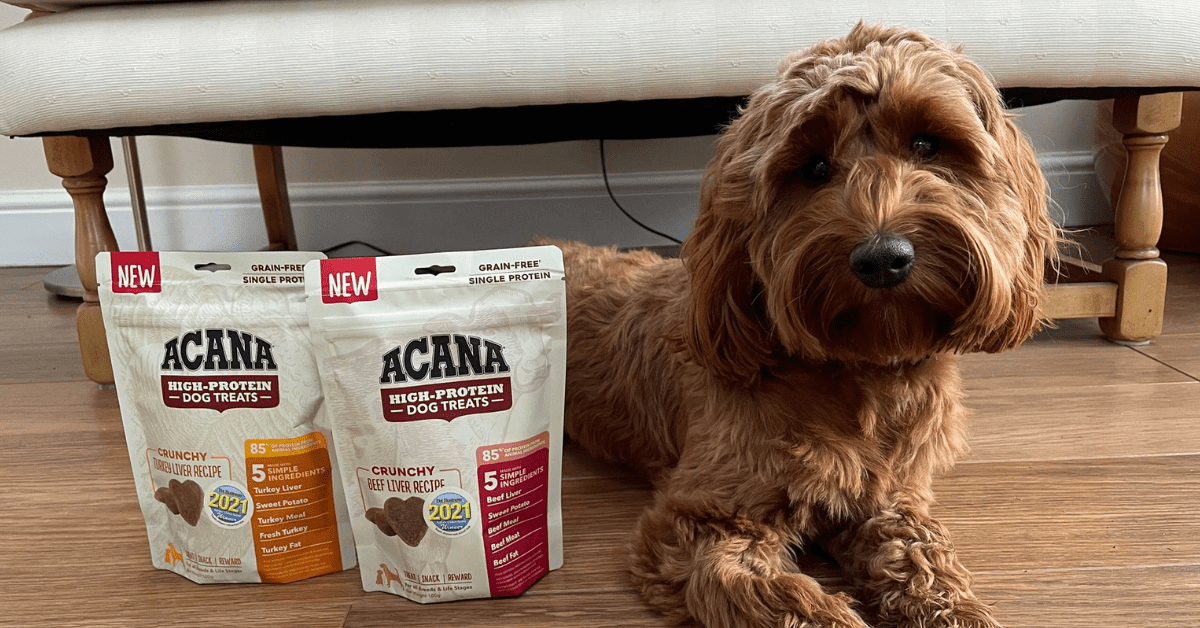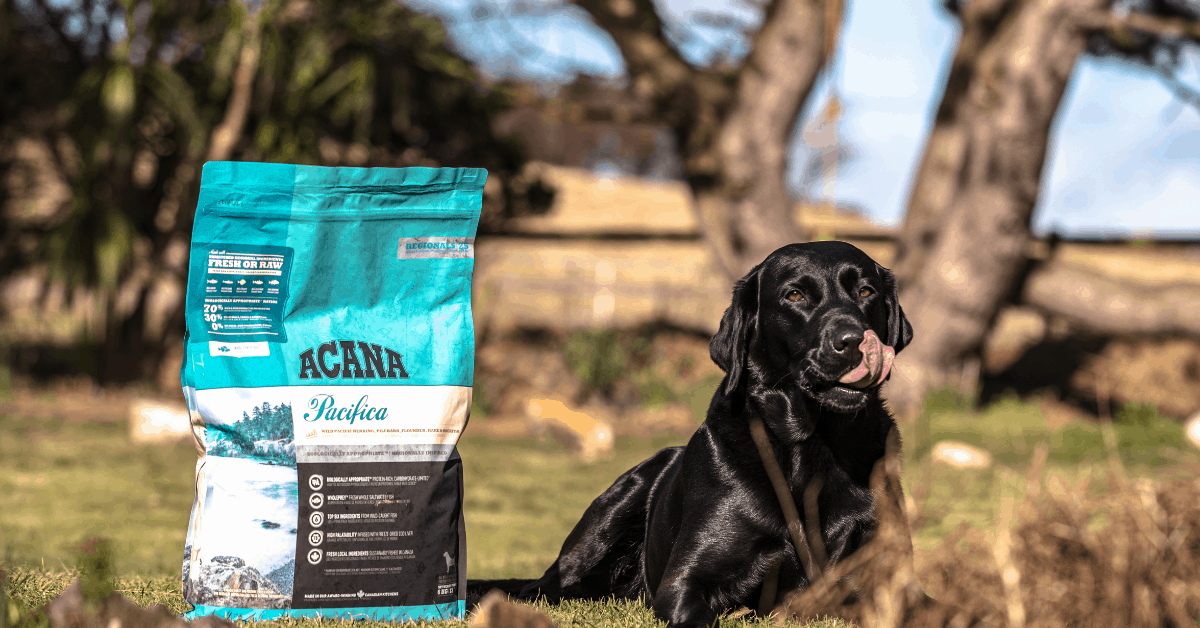Murphy was a four year old boxer – bright and bouncy in all ways apart from an intermittent reaction to an unknown cause. Each time it would appear start with
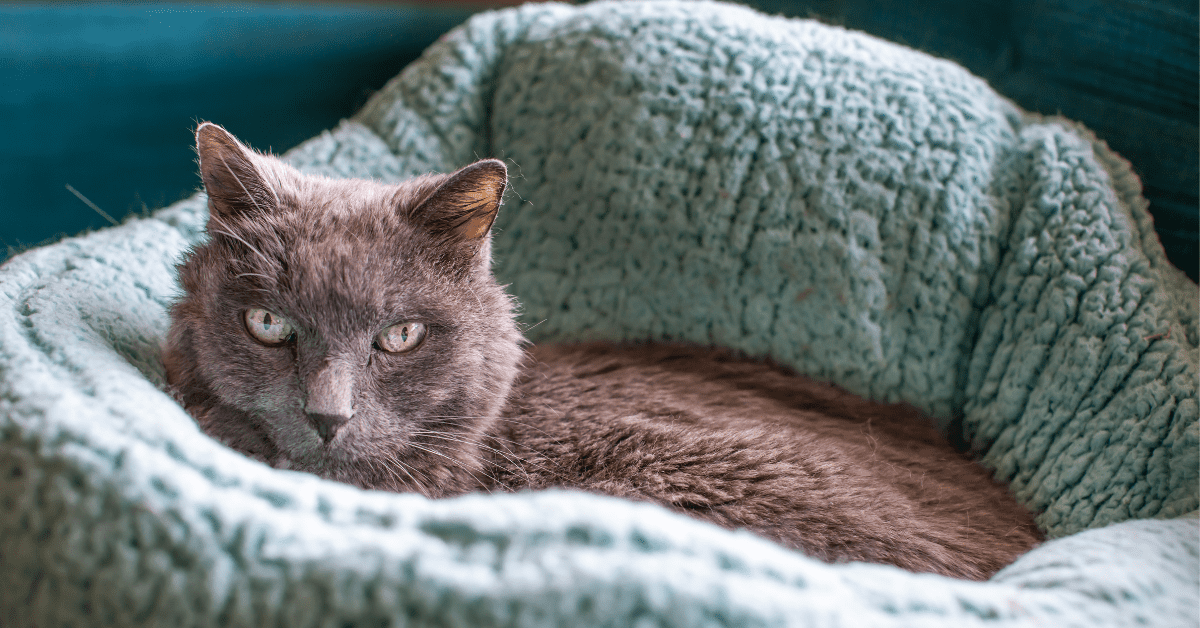
What does it mean when you’re snuggling with your feline friend, and they start to purr? Surprisingly, there is no proven explanation of why our cats purr! In the 19th century, taxonomists believed there were two groups of cats, those that could roar like lions, tigers, leopards and jaguars and those that could purr like cheetahs, lynx, ocelots and cougars. Yet, in the 21st century, taxonomists now believe that the majority of cats can purr. But why? Here are four educated hypotheses about what it could mean:
It relates to the kitten-mother bond
Your cat’s purring habits began it was a kitten. When they are born, kittens rely on sound to communicate with their mother, including purring. It is speculated that it is a way to let their mothers know that they are okay. It is also speculated that purring helps build a connection and bond with their mother. This is because while bonding, both the mother and kitten release oxytocin, the love hormone responsible for several different functions in the body including birth. Oxytocin is often released because of physical touch, which could be why cats start to purr when we stroke them.
It’s how they tell us they’re happy
How could any cat not be happy when sprawled out on their back getting belly scratches? Purring can be a way to tell us that your cat is happy with the affection they’re receiving, coupled with telling us that they feel safe and secure. This is behavior that likely began while they were kittens with their mother.
It’s how they tell us they’re hungry
At times purring can be a way to catch our attention to tell us something, including that it could be time for dinner. British researchers believe that cats change their purr to create a more unpleasant sound or cry, which is meant to catch our attention to feed them. Cat owners have claimed to be able to hear the differences between the purring while feeding. Can you hear the difference?
It’s a way to soothe and heal
Research suggests that purring can help cats heal faster. The low frequency of their purrs can trigger vibrations within their body that can help heal bones and wounds, build muscle and repair tendons, ease breathing and lessen pain and swelling. This is why it’s often common to find cats purring when they’re injured, or after a traumatic event.
So, when your cat is purring in your arms, you can feel safe knowing that it likely means they’re happy and content. When your cat is purring at you while walking towards the food bowl, you should assume they are hungry. And when they are just sitting alone purring, they may be doing it for self-care. Knowing this information can help you better understand your cat and how they communicate with you. Purring just may be what you need to bring you and your cat closer together!



